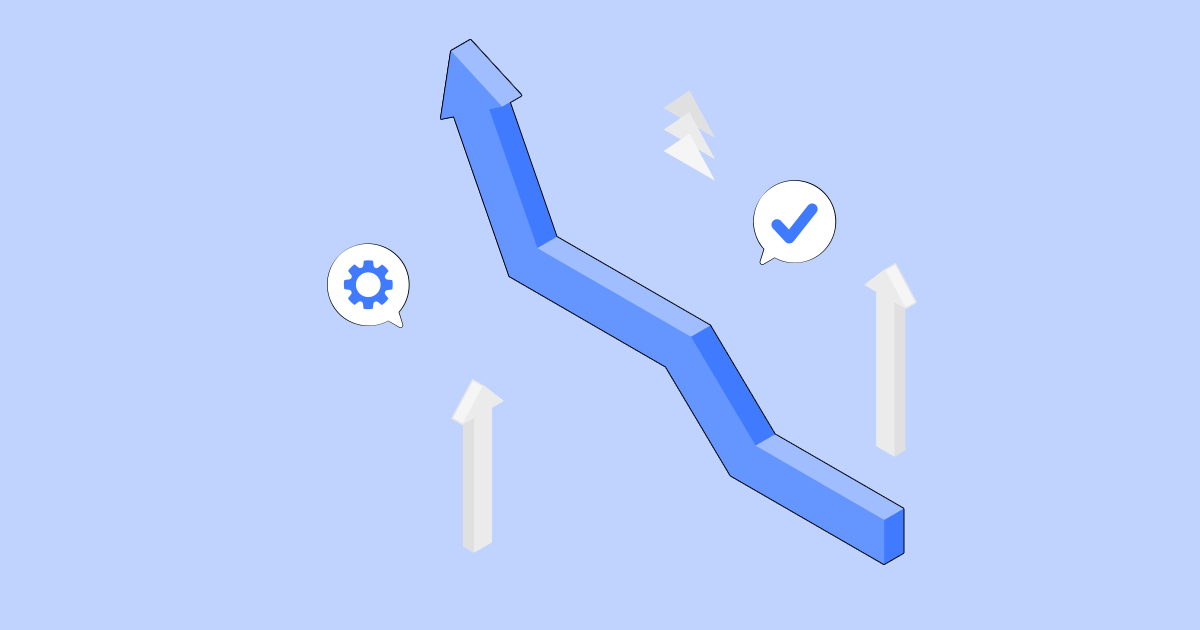Residential Proxies
Allowlisted 200M+ IPs from real ISP. Managed/obtained proxies via dashboard.

Proxies Services
Residential Proxies
Allowlisted 200M+ IPs from real ISP. Managed/obtained proxies via dashboard.
Residential (Socks5) Proxies
Over 200 million real IPs in 190+ locations,
Unlimited Residential Proxies
Unlimited use of IP and Traffic, AI Intelligent Rotating Residential Proxies
Static Residential proxies
Long-lasting dedicated proxy, non-rotating residential proxy
Dedicated Datacenter Proxies
Use stable, fast, and furious 700K+ datacenter IPs worldwide.
Mobile Proxies
Dive into a 10M+ ethically-sourced mobile lP pool with 160+ locations and 700+ ASNs.
Scrapers
Collection of public structured data from all websites
Proxies
Residential Proxies
Allowlisted 200M+ IPs from real ISP. Managed/obtained proxies via dashboard.
Starts from
$0.6/ GB
Residential (Socks5) Proxies
Over 200 million real IPs in 190+ locations,
Starts from
$0.03/ IP
Unlimited Residential Proxies
Unlimited use of IP and Traffic, AI Intelligent Rotating Residential Proxies
Starts from
$1816/ MONTH
Rotating ISP Proxies
ABCProxy's Rotating ISP Proxies guarantee long session time.
Starts from
$0.4/ GB
Static Residential proxies
Long-lasting dedicated proxy, non-rotating residential proxy
Starts from
$4.5/MONTH
Dedicated Datacenter Proxies
Use stable, fast, and furious 700K+ datacenter IPs worldwide.
Starts from
$4.5/MONTH
Mobile Proxies
Allowlisted 200M+ IPs from real ISP. Managed/obtained proxies via dashboard.
Starts from
$1.2/ GB
Scrapers
Web Unblocker
Simulate real user behavior to over-come anti-bot detection
Starts from
$1.2/GB
Serp API
Get real-time search engine data With SERP API
Starts from
$0.3/1K results
Scraping Browser
Scale scraping browsers with built-inunblocking and hosting
Starts from
$2.5/GB
Documentation
All features, parameters, and integration details, backed by code samples in every coding language.
TOOLS
Resources
Addons
ABCProxy Extension for Chrome
Free Chrome proxy manager extension that works with any proxy provider.
ABCProxy Extension for Firefox
Free Firefox proxy manager extension that works with any proxy provider.
Proxy Manager
Manage all proxies using APM interface
Proxy Checker
Free online proxy checker analyzing health, type, and country.
Proxies
AI Developmen
Acquire large-scale multimodal web data for machine learning
Sales & E-commerce
Collect pricing data on every product acrossthe web to get and maintain a competitive advantage
Threat Intelligence
Get real-time data and access multiple geo-locations around the world.
Copyright Infringement Monitoring
Find and gather all the evidence to stop copyright infringements.
Social Media for Marketing
Dominate your industry space on social media with smarter campaigns, anticipate the next big trends
Travel Fare Aggregation
Get real-time data and access multiple geo-locations around the world.
By Use Case
English
繁體中文
Русский
Indonesia
Português
Español
بالعربية

In the world of data-driven decision-making, having access to accurate and comprehensive information is crucial. Google search result scraping is a powerful technique that allows businesses, researchers, and developers to extract valuable data from search engine results. This comprehensive guide will explore the best practices, tools, and ethical considerations for scraping Google search results, empowering you to harness this technique effectively and responsibly.
Google search result scraping involves using automated tools or scripts to extract data from Google's search results pages (SERPs). This data can include URLs, titles, snippets, and other relevant information displayed in search results. By scraping Google search results, you can gather insights on competitor analysis, market trends, keyword research, and much more.
Google search result scraping is a powerful technique that offers numerous benefits for businesses, researchers, and developers. By following best practices, using the right tools, and adhering to ethical guidelines, you can effectively and responsibly harness the power of search result scraping. Whether you’re conducting competitor analysis, market research, keyword research, or content aggregation, this technique can provide valuable insights to drive informed decision-making and achieve your goals.
Featured Posts
Popular Products
Residential Proxies
Allowlisted 200M+ IPs from real ISP. Managed/obtained proxies via dashboard.
Residential (Socks5) Proxies
Over 200 million real IPs in 190+ locations,
Unlimited Residential Proxies
Use stable, fast, and furious 700K+ datacenter IPs worldwide.
Rotating ISP Proxies
ABCProxy's Rotating ISP Proxies guarantee long session time.
Residential (Socks5) Proxies
Long-lasting dedicated proxy, non-rotating residential proxy
Dedicated Datacenter Proxies
Use stable, fast, and furious 700K+ datacenter IPs worldwide.
Web Unblocker
View content as a real user with the help of ABC proxy's dynamic fingerprinting technology.
Related articles

Leverage Laravel: Unveiling an Open Source Simple Scraper App
Explore the power of open source with a simple Laravel scraper app. Learn how to efficiently gather data with this user-friendly tool. Dive into the world of web scraping and boost your productivity today.

Unveiling the Power of Proxy Servers: Boost Your Online Security and Performance
Explore the benefits of using a proxy server for enhanced security and privacy. Learn how a proxy server can help you safeguard your online activities and protect sensitive information. Improve your browsing experience with a reliable proxy solution today.

Unlocking the Power of Aggregation: Definition and Impact Explained
Looking for an aggregation definition? Learn about the meaning and importance of aggregation in data analysis. Explore how aggregation simplifies complex data sets into manageable summaries. Find out more about aggregation techniques and its applications. Dive into our comprehensive guide now.